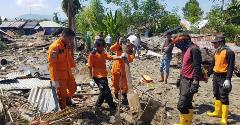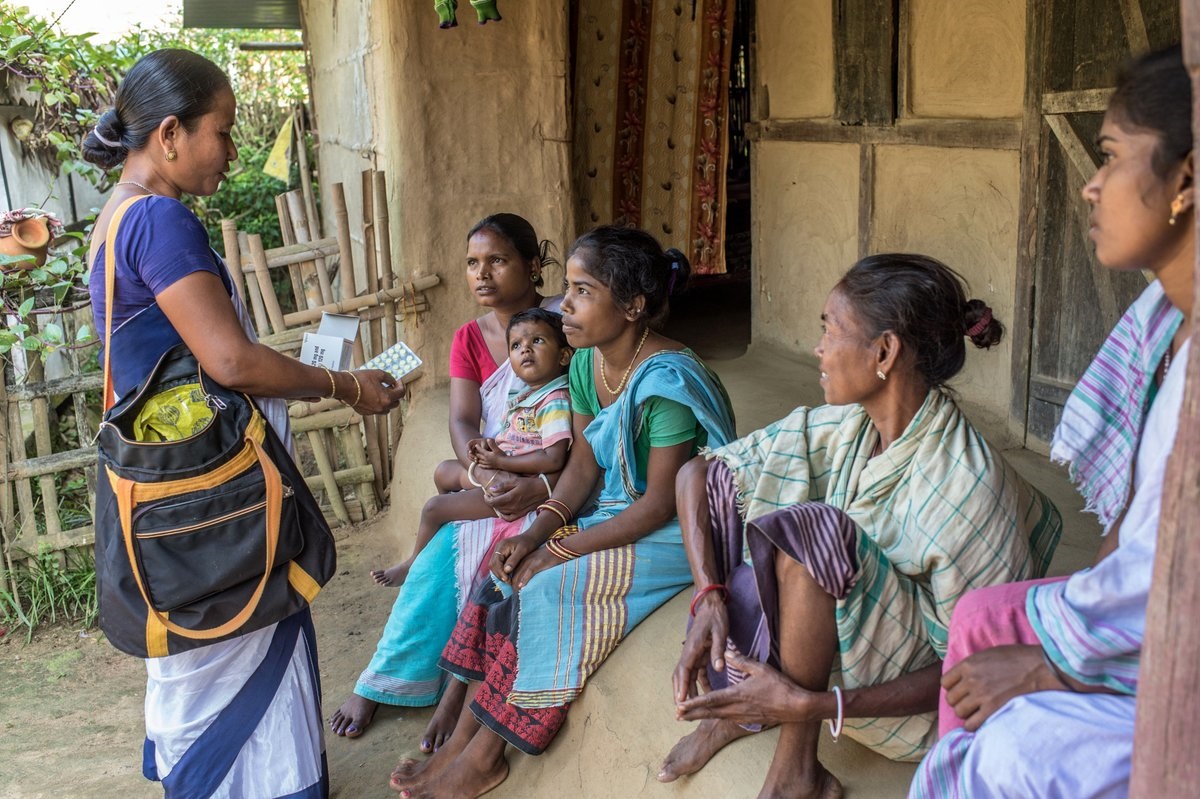
Primary health care in the South-East Asia
The 2018 Astana Declaration states that primary health care (PHC) includes three inter-related components:
• Primary care and essential public health functions as the core of integrated health services;
• Multi-sectoral policies and actions; and
• Empowered people and communities”
PHC existed in the South-East Asia Region well before the 1978 Alma Ata Declaration on Primary Health Care, and indeed helped shape it. Commitment to PHC has been sustained, but progress has not been smooth. Although evidence is scarce, analysis of available data from the Region suggests that:
• the use of ambulatory care services in the Region is low compared with high-income countries
• the private sector delivers a major share of essential health services in many Member States
• the urban poor may need special attention to ensure access to care
• basic amenities are lacking in many frontline facilities
• the share of overall current health spending on PHC (across five Member States) ranges from 38% to 73% and from US$ 29 to US$ 58 per capita
• it is possible to increase the use of frontline services, but it takes time—and the right policies
A key health system challenge for countries in the Region today is the need to significantly accelerate progress to achieve universal health coverage (UHC) by 2030. Well-functioning frontline (primary care) services are part of the solution, but this will need some significant transitions:
• from institutional prescriptions to a focus on health system performance and outcomes
• from episodic, low-quality frontline services, to continuity of high-quality care
• from primary level care in isolation, to addressing frontline and hospital services together, and harnessing new technologies
• from familiar to fresh approaches to community engagement, given more informed populations
• from partial and ambivalent to more systematic and managed engagement of private providers
• from routine primary care, to primary care also capable of outbreak surveillance and response
• from political commitment to equity, to practical implementation of effective solutions for all
This agenda is technical as well as political.
Technical links








